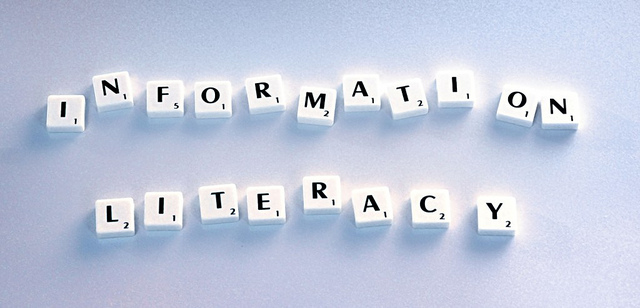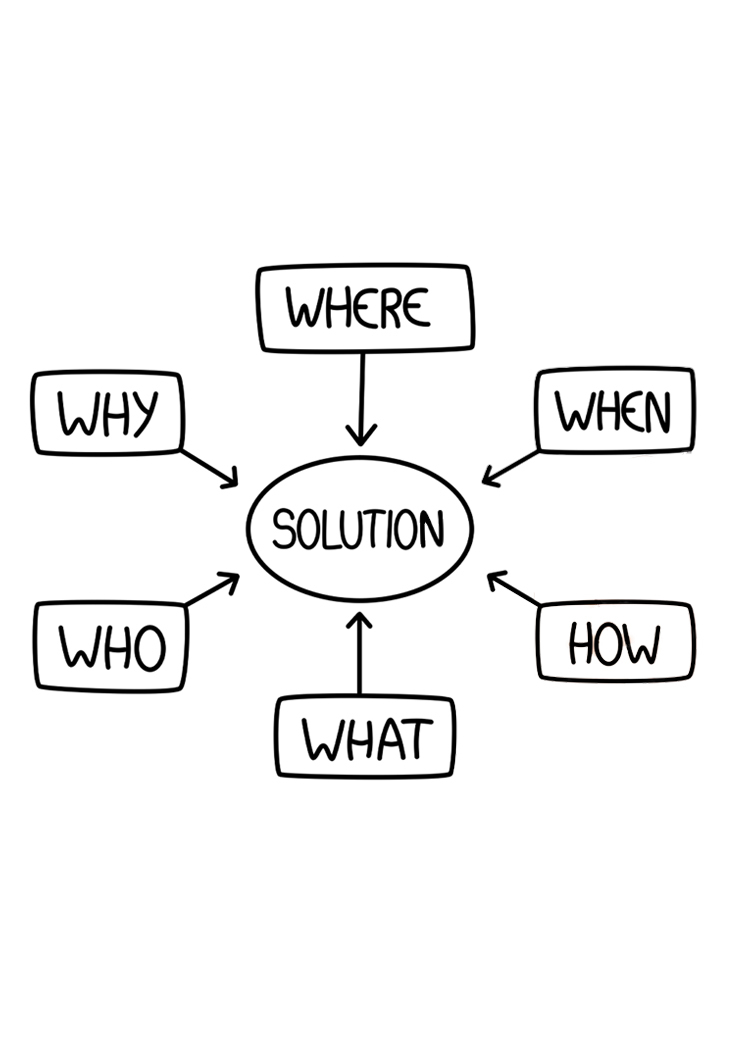Information literacy
This month I would like to celebrate information literacy with you.
"Great," you say, "who doesn't like a celebration...but just what are we celebrating?"
Let me tell you.
Information literacy means you recognize when gathering information will help you solve a problem, and you have the resources and skills to gather relevant and reliable information. You also know that gathering information about the things you are interested in can lead to a more fulfilling life.
For example: My dishwasher is broken. I can gather information about how to repair it. Or I can find out what stores or having sales on dishwashers. Or search for someone selling one secondhand. I might also want to research which models are reviewed as the most efficient or reliable.
To celebrate information literacy:
- Ask questions
- Identify potential sources of information.
- Gather information from lots of sources - such as books, databases, videos, podcasts, websites, blogs, personal interviews and more
Information literacy is being able to locate the best sources of information. There are so many out there! Whether I'm researching dishwashers or trying to verify whether or not the news story I just read is true, the possibilities are endless. Today's information seeker needs to know how to evaluate sources and information.
- Analyze sources of information. Are they biased? Are they trying to sell you something? Are they reputable?
- Reputable sources of information - such as journals, reference books and databases may come with a cost to access the information. Remember your local public library has access to free reputable sources of information for everyone.
- Ask questions like: Is is possible to prove that this information is true? Does the source say where and how they got their facts?
Once you've found a great source of information there can still be an overwhelming amount of data to sift through. Information literacy is also having the skills to narrow down your results to what fits your needs.
- What key words bring up the best result when I am searching? Are there other terms that mean the same thing that bring up better results?
- Can I filter the results by specific criteria - such as price or features - and get a better set of results.
- As you search, you may learn terms or other bits of information that help you. For example: "Wow, dishwashers have filters? I didn't know that. What kind of filter do I want?"
- You may want to start capturing and organizing the information you learn so you can remember it and use it later.
Now that you have gathered all that relevant, reliable and helpful information, you can use it to make your life better.
- Make an informed decision
- Talk about what you have learned with a friend.
- Create something.
- Brag about how you used your information seeking skills to the world. "Hey, look at the new dishwasher I just bought! It's great and I got a killer deal because I..."
That's why I want to celebrate information literacy with you. Here are some ways the library can help you keep the celebration going:
- Attend a computer class like Internet Introduction, Google It, or Touring Your Digital Library and gain powerful online searching skills. We also have classes in Excel to help you organize the information you gather.
- Use our Digital Learn classes to learn about topics like basic Internet searching.
- For a more in-depth course on information literacy, check the one available from Lynda.com.
- Look over the list of database resources available under the Research It section of our website. Here are resources like Consumer Reports, Encyclopedia Britannica, Auto Repair Reference Center and Newsbank (America's Newspapers) that you can search for free with your library card.
Have fun celebrating!














